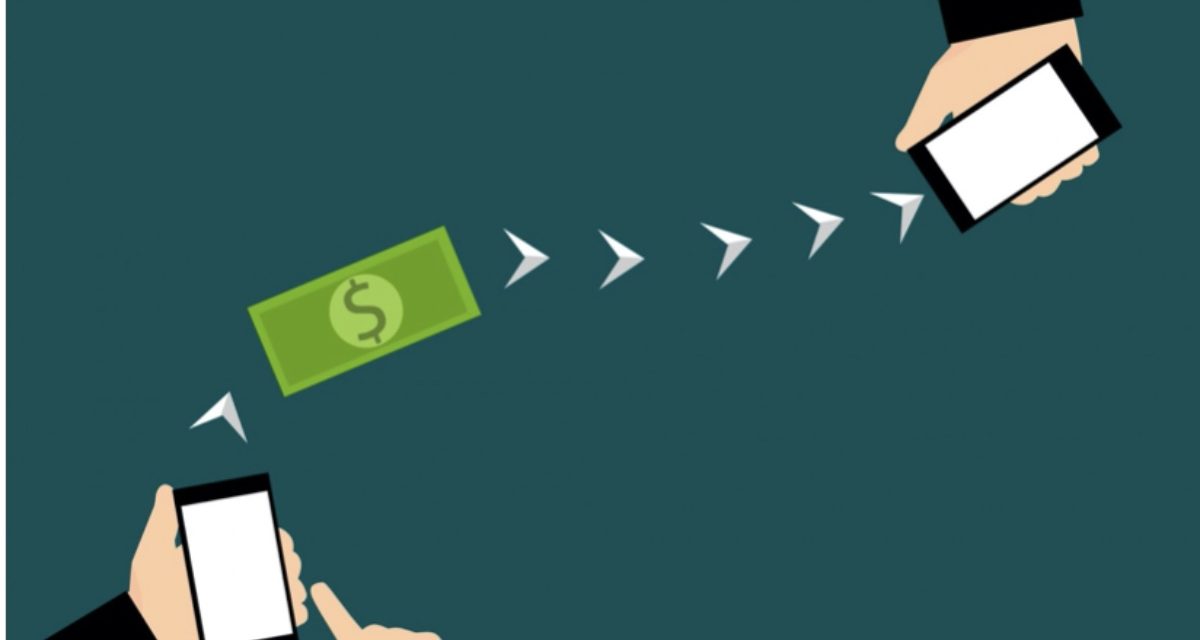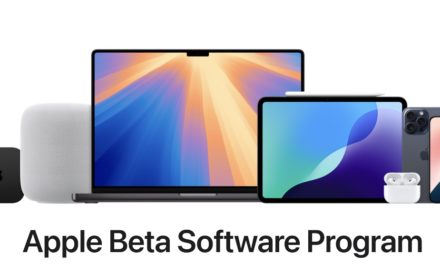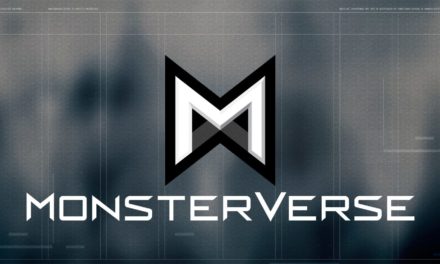European Union antitrust regulators are seeking more information on Apple’s mobile payment system, Apple Pay, according to Reuters.
The EU says Apple breaks EU law by unfairly blocking third-party access to the iPhone’s NFC payment tech. The organization says the tech giant “unfairly blocks groups such as PayPal and leading banks from accessing its mobile wallet system.”
What is NFC?
NFC allows devices which are equipped with the technology to share data when they’re in very close proximity (around four inches). We’ve noted that NFC already comes as standard in some new smartphones. It can also be found in a wide range of other devices, including laptops and tablets. NFC chips are also common in contactless-enabled credit cards. Devices equipped with NFC chips can thus be used to exchange small amounts of data between one another.
The main difference between NFC and, for example, Bluetooth is that it doesn’t require device discovery or manual pairing to share information. NFC enables two-way communication between devices once they’re within that four-inch distance. That’s without the use of WiFi or 4G. NFC is an evolution of radio frequency identification (RFID) technology, which uses readers to decode data transmitted via radio waves.
Because NFC has such a limited radius, it offers a reliable degree of security. This has done much to assist its popularity with the general public, by reassuring consumers that they can make contactless payments safely. Above all, however, NFC has been a hit with consumers because of its simplicity. It allows them to make purchases without the hassle of carrying cash, and it’s also quicker and simpler than chip-and-PIN payment.
Article provided with permission from AppleWorld.Today





